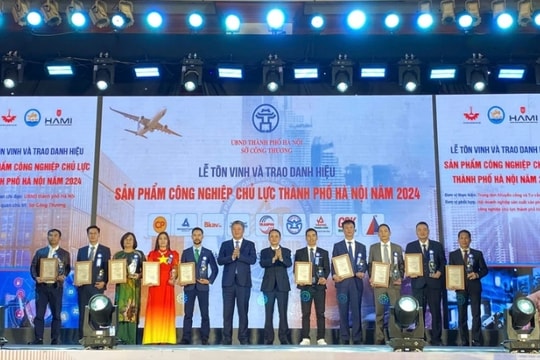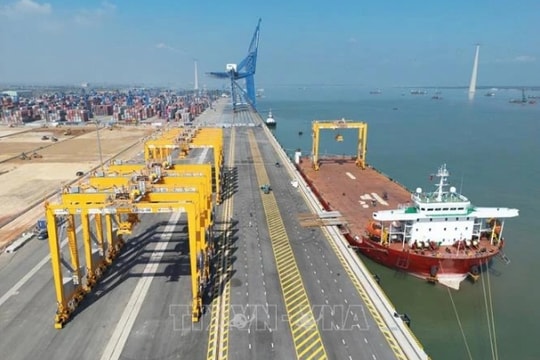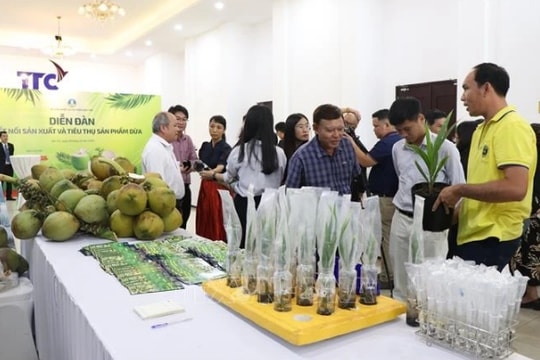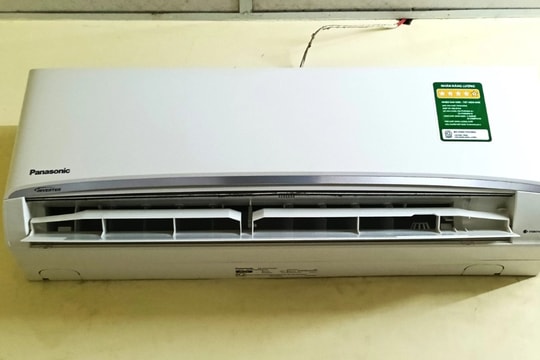
Vietnamese export turnover to the UK market in June alone grossed US$573.3 million, up 10.7% over the previous month, bringing six-month exports to US$3.5 billion, up 24.6% over the same period from last year.
The leading export items during the six-month period was the group of phones of all kinds and components, raking in more than US$638.4 million, accounting for 17.8% of the export proportion. It was followed by the group of other machinery, equipment, tools and spare parts with US$606.9 million, up 44.7%, and footwear of all kinds with US$ 479.8 million, up 27.7% on-year.
Throughout the reviewed period, some item saw a significant increase in export turnover compared to the previous year including computers, electronic products and components, rubber, electric wires and cables, machinery, equipment and tools fruits and vegetables, garments and textiles, leather, footwear materials and all kinds of footwear.
According to the assessment of the Vietnam Trade Office in the UK and Northern Ireland, the UK market provides plenty of opportunities for Vietnamese exports, first of all, the preferential tariff basis under the UK-Vietnam Free Trade Agreement (UKVFTA) and the Comprehensive and Progressive Agreement for Trans-Pacific Partnership (CPTPP).
Vietnamese enterprises will have the opportunity to increase exports of rubber, electric wires and cables, telephones and components of all kinds, coffee, cereals, confectionery, ceramics, fruit and vegetables, food, leather shoes, garments and textiles, seafood, wooden furniture, and rice to the highly lucrative market as recently, the UK has tended to increase its demand for importing these products.
Furthermore, the UK market is quite big with roughly 68 million people alongside diverse needs, and an Asian community of more than 5.5 million people, which is also a favorable condition for Vietnamese enterprises to increase exports to this market, including wooden furniture.
To be able to capitalize on the opportunities brought about by the UKVFTA, Vietnamese businesses need to ensure that their products and production processes meet UK standards.
























